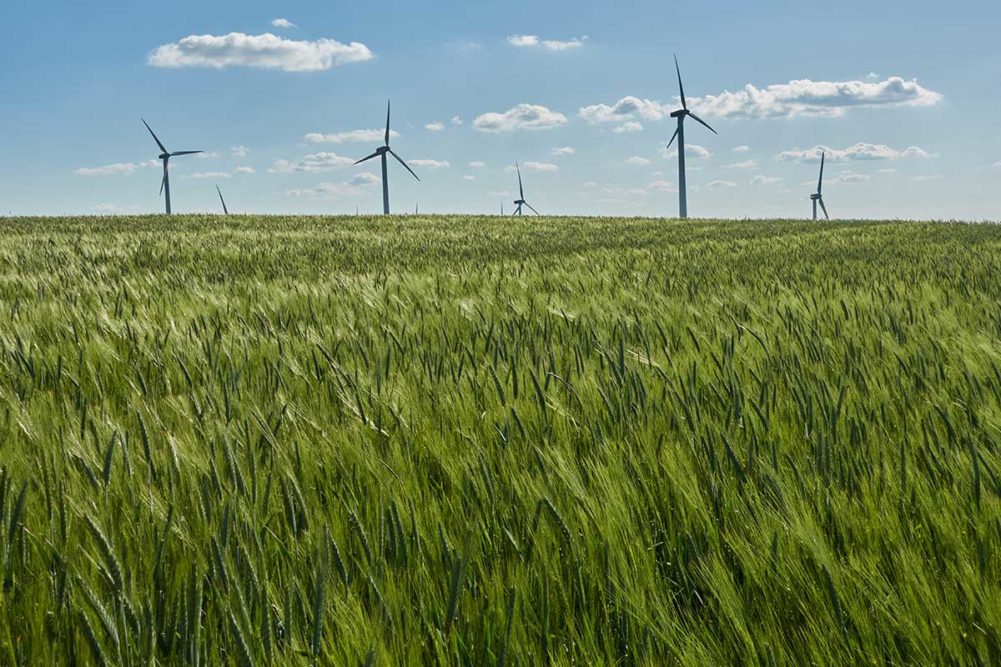In Baking & Snack’s “The State of the Industry: Sustainability Commitment in the US Wholesale Baking” study, conducted by Cypress Research, one of the findings that jumped off the page was who is leading the way in sustainability initiatives for the baking industry: ingredient supplier companies. I’m not sure what I was expecting as we waited for Cypress to survey the industry. The fact that larger baking companies — those making more than $100 million in annual gross revenue — are much more engaged in sustainability than smaller companies was not a surprise. And upon further reflection, the fact that ingredient suppliers are leading the way isn’t all that surprising either.
As Mark Hotze, vice president, sustainable food solutions, NAM, Corbion, said on our webinar discussing the study, most ingredient supplier companies are serving all sizes of baking companies. While a family-owned regional bakery might not be interrogating Corbion on the farming practices of its suppliers, a large publicly traded baking company certainly is interested in that information. Ingredient suppliers are invested in every part of the value chain: agriculture, global supplier partners, baking companies, and even the retailers and consumers. Baking companies reported that their top two drivers for engaging in sustainability initiatives are customer demands (54%) and market/consumer demands (48%). Baking companies can’t meet those demands without ingredient suppliers already doing the hard work to ensure that ingredients are manufactured in a sustainable way, whether that’s from an environmental impact or a social one.
This shows up in the data when broken out by specific initiatives, with ingredient suppliers more invested than baking companies or equipment suppliers in those initiatives that ensure the supply chain is as transparent and sustainable as possible. Ingredient manufacturers outperformed the other industry sectors in humane farming usage, supply chain transparency, heat recovery, upcycled ingredient usage, eco-friendly distribution, regenerative agriculture and corporate net zero transition plans (though to be fair, not all of these apply to equipment manufacturers). Sometimes these gaps were significant, as much as 30 to 40 percentage points, such as in supply chain transparency where 74% of ingredient suppliers were engaged compared to 43% of baking companies and 35% of equipment suppliers.
I don’t want to ignore the hard work of large baking companies. When broken out by size, large baking companies were often on par with ingredient supplier companies. For example, 83% of large baking companies reported environmental policies to be important to business success in the next five years compared to 69% of small- to mid-sized bakeries. Sixty-five percent of large baking companies have an environmental assessment criteria, which is in line with the 67% of ingredient suppliers who reported the same.
While smaller baking companies and equipment suppliers may not be leading the way for sustainability initiatives, they aren’t asleep to the issue either. The findings of this study suggest that though technology and cost may be hindering engagement in certain initiatives, many smaller baking companies and equipment suppliers are in the process of developing plans for sustainability initiatives and bringing the entire industry up to speed when it comes to sustainability.





